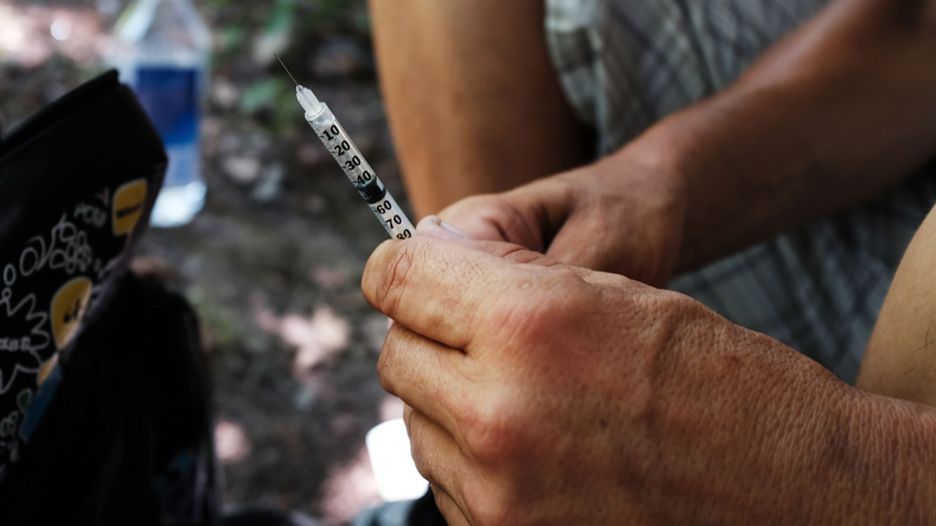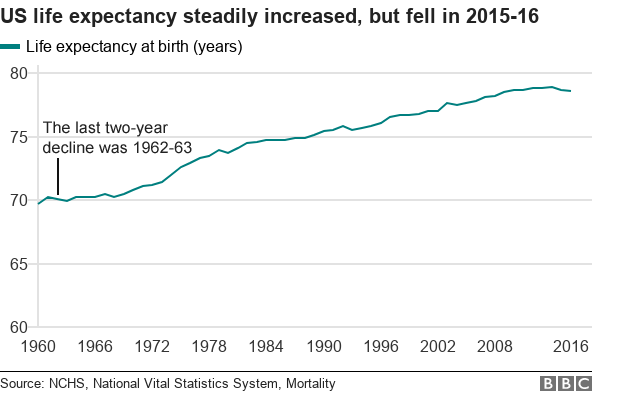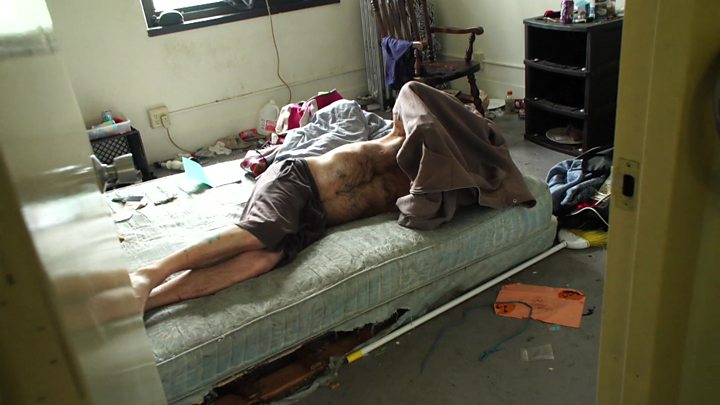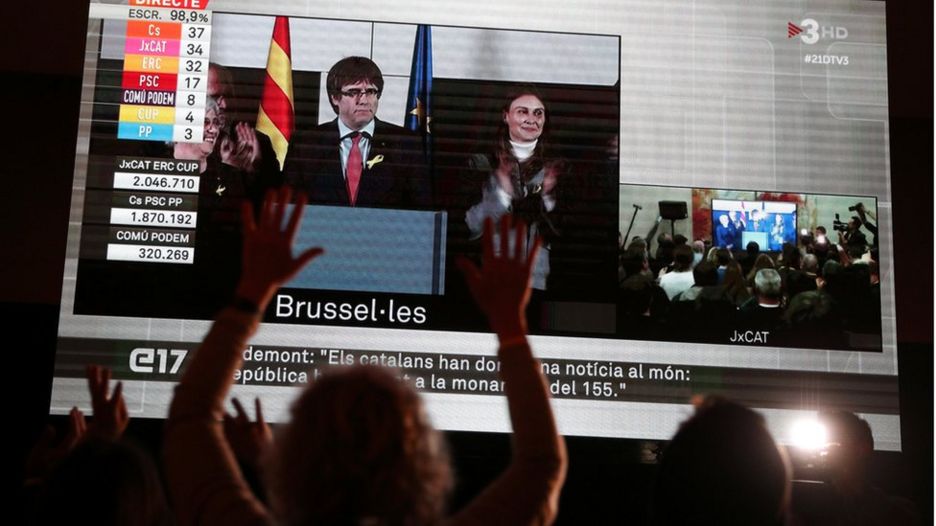
Catalonia's ousted separatist leader, Carles Puigdemont, has called for new talks with Spain following a snap regional election.
He said he wanted discussions to take place in Brussels, where he is living in self-imposed exile.
He earlier declared that the Spanish state had been defeated, as separatist parties still hold a slim, reduced majority.
The Spanish government is meeting to discussing its next steps.
"Now is the time for dialogue," said Mr Puigdemont, speaking in Belgium.
It is unclear who will be given the right to form a government.
Prime Minister Mariano Rajoy had hoped the poll would restore stability but instead Spain's political turmoil looks set to continue. Mr Rajoy's conservative Popular Party (PP) recorded its worst ever result in Thursday's vote.
However, the Citizens party, which wants Catalonia to remain a semi-autonomous part of Spain, is the region's biggest party.
The Spanish government imposed direct rule on Catalonia and called the election after declaring an October independence referendum illegal.
- Analysis: Catalan political landscape as divided as ever
- Catalonia crisis in 300 words
- Will Catalan independence happen?
What were the results?
With nearly all votes counted, the pro-independence parties Together for Catalonia (JxCat), Republican Left of Catalonia (ERC) and Popular Unity (CUP) were on course to win a total of 70 seats in total, giving them a majority in the new parliament.
Citizens (Cs) had 25.3% of the vote, winning 37 seats in the 135-seat chamber.
Its leader Inés Arrimadas told the BBC her party had been "victorious". She said forming a coalition would be "difficult - but we will try".
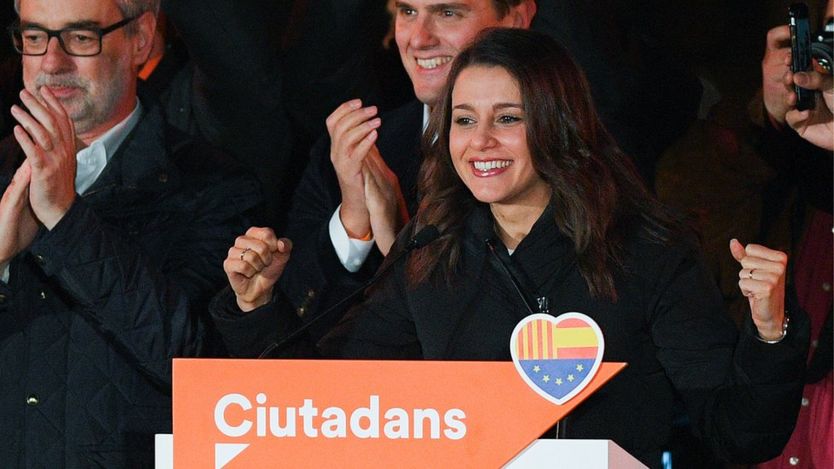 GETTY IMAGES
GETTY IMAGES
The PP, meanwhile, won only three seats, down from 11 in the previous assembly.
Turnout was more than 80%, a record for a Catalan regional election.

Analysis: What the papers say
By BBC Monitoring
Madrid-based media say that the result has strengthened the government's position.
"Major forces supporting independence should look back, confess to mistakes and avoid making them again," La Vanguardia writes. "Nationalism can no longer claim that it exclusively represents Catalonia," La Razón says.
ABC newspaper thinks Madrid should now settle the Catalan crisis. "If Spain wants to win this fight in the long-term and prevent Catalonia from leaving one day, it should draft a serious plan for strengthening the state."
And the result seems to have split Catalan papers between those who want the independence project to continue, and those who accept the realpolitik of the election result.
"The independence movement has humiliated the Spanish prime minister," El Nacional says. "The decisions that affect Catalonia are not made in Madrid."
But Barcelona's El Periódico says the result means a "divided Catalonia". "The election that Mariano Rajoy called has shown that Catalonia is firmly divided in two blocs and there is hardly any space for intermediaries."

Why did the election take place?
Separatists who dominated the previous Catalan parliament declared independence on 27 October after a referendum that was declared illegal by Spain.
In an attempt to stop that referendum, Spanish police stormed some polling stations. However many voters defied the Spanish courts and riot police to cast their ballots.
The move led to violent clashes with hundreds of people reported injured.
- Could Catalonia make a success of independence?
- Muslim woman seeks seat in Catalonia
- Catalonia region profile
According to referendum organisers, 90% of voters were in favour of independence, but fewer than half the region's electorate took part.
However, Mr Puigdemont decided it was enough to declare independence from Spain.
Mr Rajoy then sacked the Catalan government, imposed direct rule and called the 21 December election.
Prosecutors accused 13 Catalan separatist politicians of rebellion and sedition, including Mr Puigdemont and four others who fled to Belgium.
Among the accused, two pro-independence politicians are in Spanish prisons, and six are being monitored while on bail.
Catalonia in numbers
- 16% of Spain's population live in Catalonia, and it produces:
- 25.6% of Spain's exports
- 19% of Spain's GDP
- 20.7% of foreign investment
Getty
What has been the reaction?
The European Commission said that its stance towards Catalonia remained the same, despite Thursday's election result.
The executive arm of the EU has previously stated that events in Catalonia are an internal issue for Spain.
"Our position on the question of Catalonia is well known and has been regularly restated, at all levels. It will not change," commission spokesman Alexander Winterstein told AFP news agency.
"In relation to a regional election, we have no comment to make," he added.
The Spanish government has not yet commented on the results.
What happens now?
Analysts say the success of separatist parties means that the ball is now back in the Spanish government's court.
Antonio Barroso, of the London-based research firm Teneo Intelligence, says the problem for Madrid remains "and the secession movement is not going to go away".
Correspondents say it is not yet clear whether Mr Puigdemont will be renamed president, and if so, if he will return from Belgium. As things stand, he faces arrest, should he enter Spain.
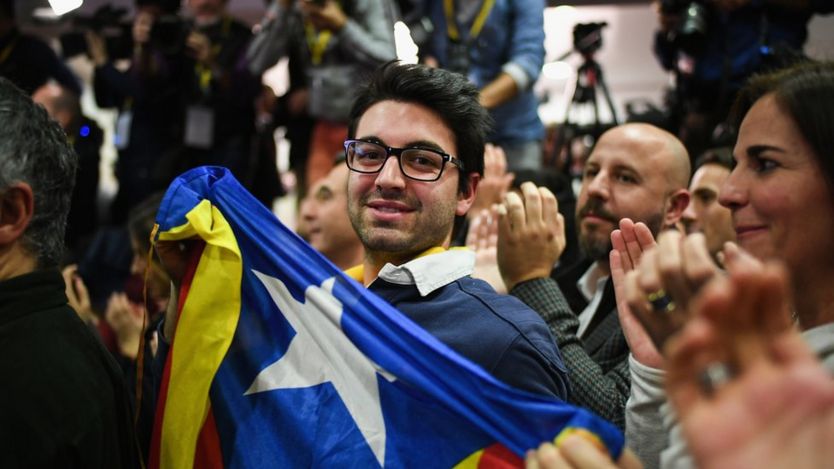 GETTY IMAGES
GETTY IMAGESWhy do many Catalans want independence?
Catalonia is one of Spain's wealthiest and most productive regions and has a distinct history dating back almost 1,000 years.
Before the Spanish Civil War it enjoyed broad autonomy but that was suppressed under General Francisco Franco's dictatorship from 1939-75.
When Franco died, the region was granted autonomy again under the 1978 constitution, and the region prospered along with the rest of the new, democratic Spain.
A 2006 statute granted even greater powers, boosting Catalonia's financial clout and describing it as a "nation", but Spain's Constitutional Court reversed much of this in 2010.
Recession and cuts in public spending fuelled local resentment, which coalesced in a powerful secessionist movement.
Following a trial referendum in November 2014, outlawed by Spain, separatists won the 2015 regional election and went on to win a full referendum on 1 October 2017, which was also banned and boycotted by unionists.


